‘An animal of unacceptable intelligence’: Experts Are Urging People to Fish and Eat Crab Species Putting Fishing Industry At Risk
The planet’s natural ecosystems usually function properly without human intervention. However, when an invasive species starts to disrupt the natural order, people sometimes need to lend a helping hand.
In a strange turn of events, predatory blue crabs have made their way to the lagoons of Italy and are wreaking havoc on the nation’s fishing industry. Italy’s fishermen are begging residents to help by making blue crab a part of their diet.
Blue Crabs Are Commonly Found in the Americas
Blue crabs are commonly seen along the Atlantic Coast of both North and South America; however, recently, the feisty shellfish have made their way to Europe, specifically to the shores of Italy.
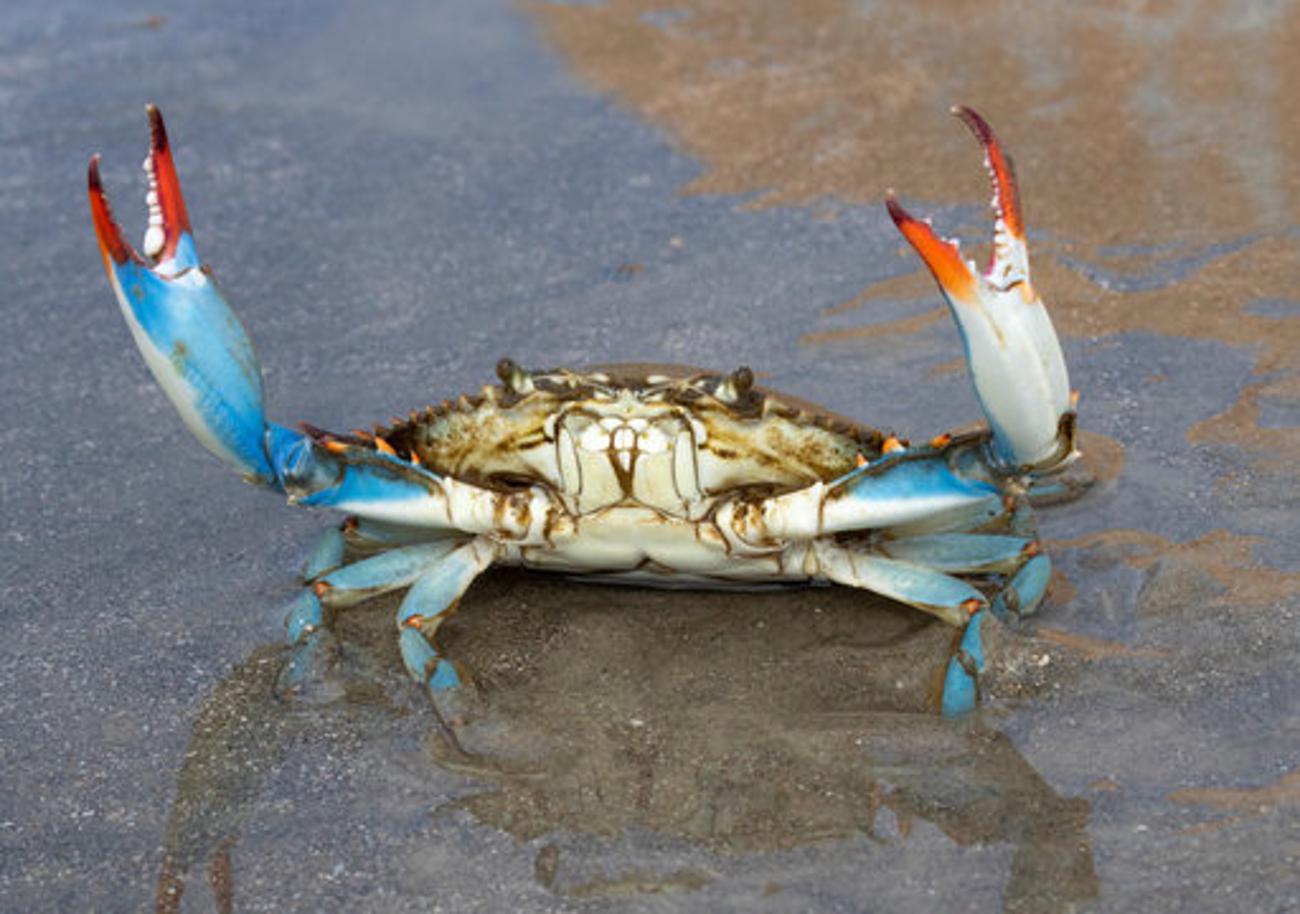
Source: Adobe Stock
These blue crabs are predators, eating clams, oysters, mussels, fish, and even other crabs. Fishing industries along the Atlantic have always had to watch and curtail the blue crab population to ensure they don’t overtake an ecosystem, and now, Italy is facing the same problem.
The Blue Crab “Is an Animal of Unacceptable Intelligence”
In the lagoons and bays of Italy, there are no natural predators of the blue crab. So, once they arrived, they quickly started to take over.
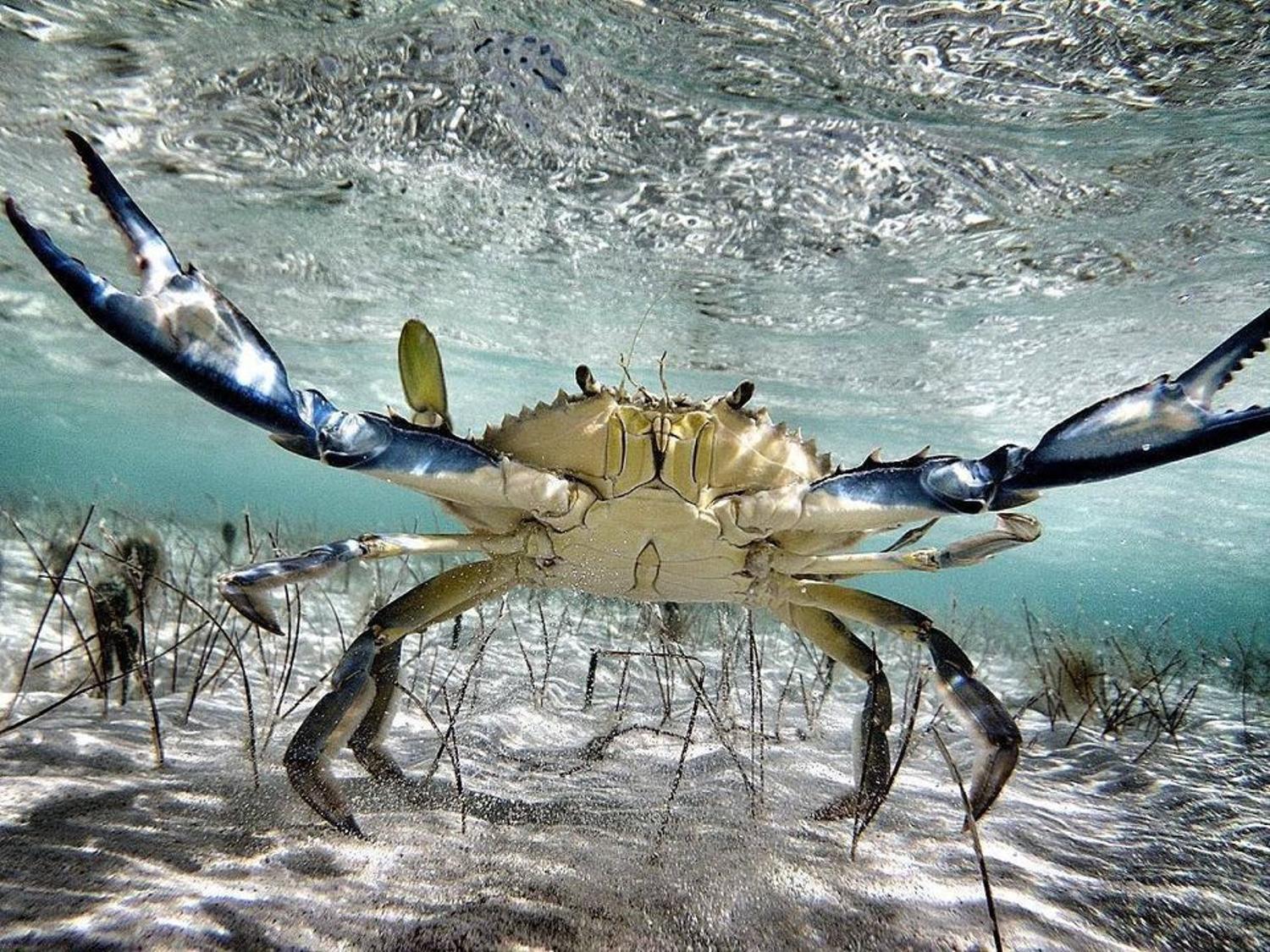
Source: @843CrabLifeWeLoveBlueCrabs/Facebook
As one Italian fisherman explained, “[The blue crab] is aggressive; he is fast; he is an animal of unacceptable intelligence. We fight this blue crab, but he is stronger than us because there are so many of them.”
Blue Crabs Could Ruin Italy’s Fishing Industry
Of course, blue crabs aren’t physically dangerous to humans, but what they can and will do is ruin an entire industry. Because blue crabs eat clams, mussels, and other shellfish that are a major part of Italy’s fishing trade, they could cause an economic crash.
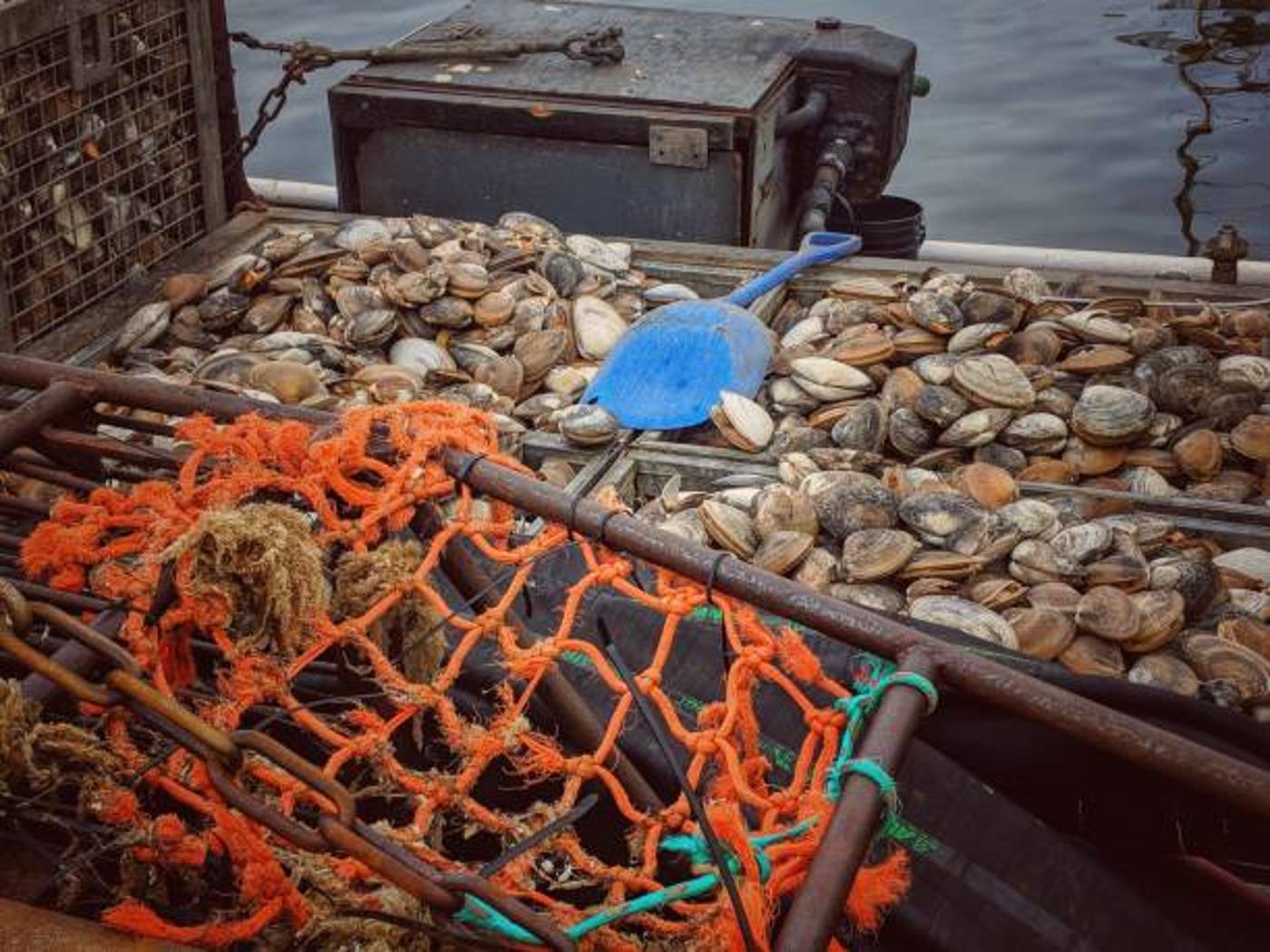
Source: iStock
Italy’s fishermen have asked for help combating this growing problem, and all they need is for Italians and visitors to start eating blue crabs.
Italy’s Restaurants Already Serve a Great Deal of Seafood
From Venetian shrimp to linguini with clams, fish stew, and fresh oysters, Italy’s restaurants already offer a wide variety of seafood-based dishes. The fishermen are simply asking them to add another to the mix.
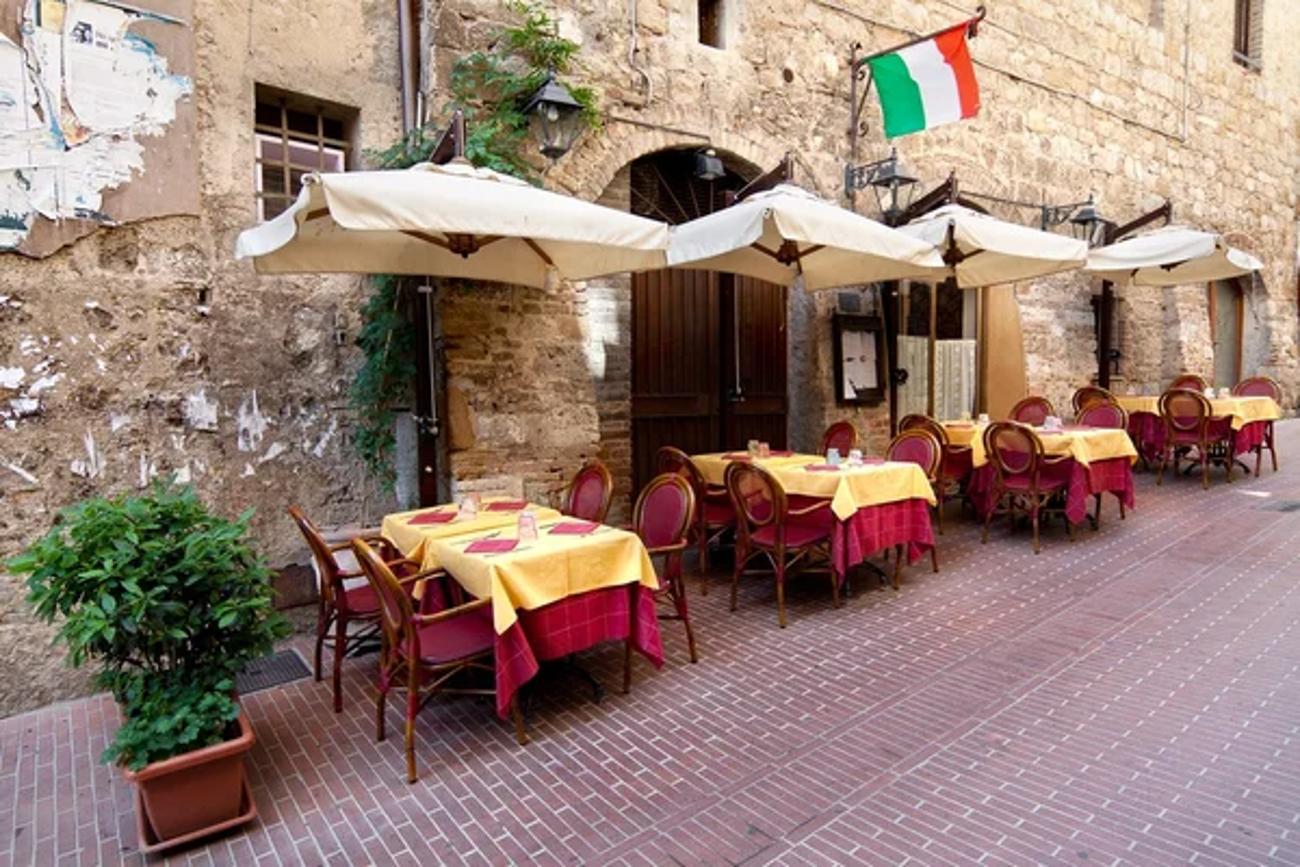
Source: Depositphotos
Coldiretti, an Italian farm lobby group, has held several events to help local restaurants understand the importance of using blue crab on their summer menus and how to prepare it to perfection.
Blue Crab Is Extremely Popular in the US
While blue crab is new to Italian chefs, it has been a popular menu item in the United States for years. The state of Maryland prides itself on serving delicious blue crab dishes, which are most often freshly steamed and topped with special seasoning.
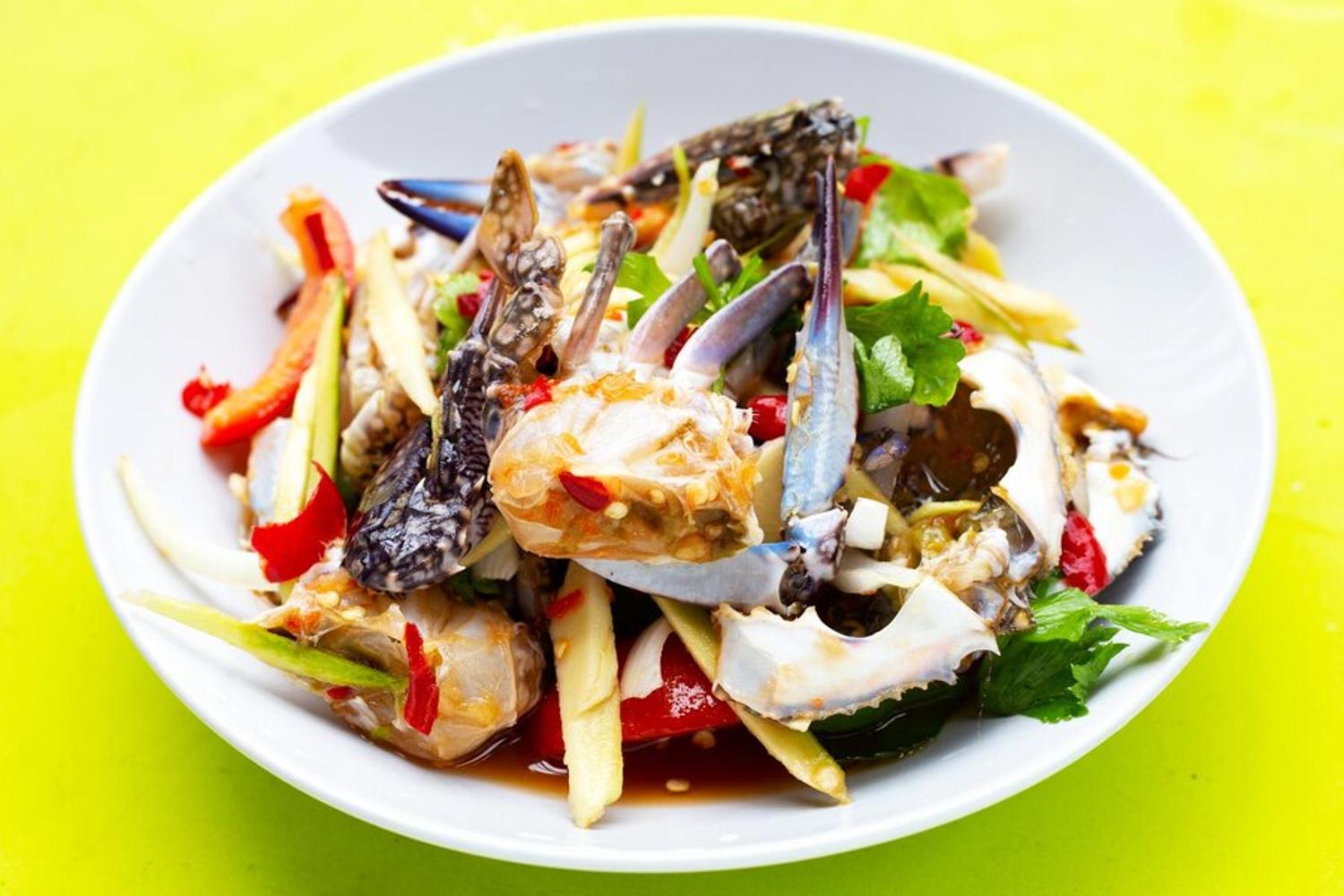
Source: Freepik
Blue crab can also be served in a cold salad, warm with spaghetti, basted in butter, or even made into crab cakes.
New Italian Blue Crab Dishes
In Italy, several chefs have utilized the blue crab in the country’s flavorsome cuisine. One made a rosemary crab salad, another made pasta with garlic and crab, and one even turned the classic Venetian shrimp into a crab delight.
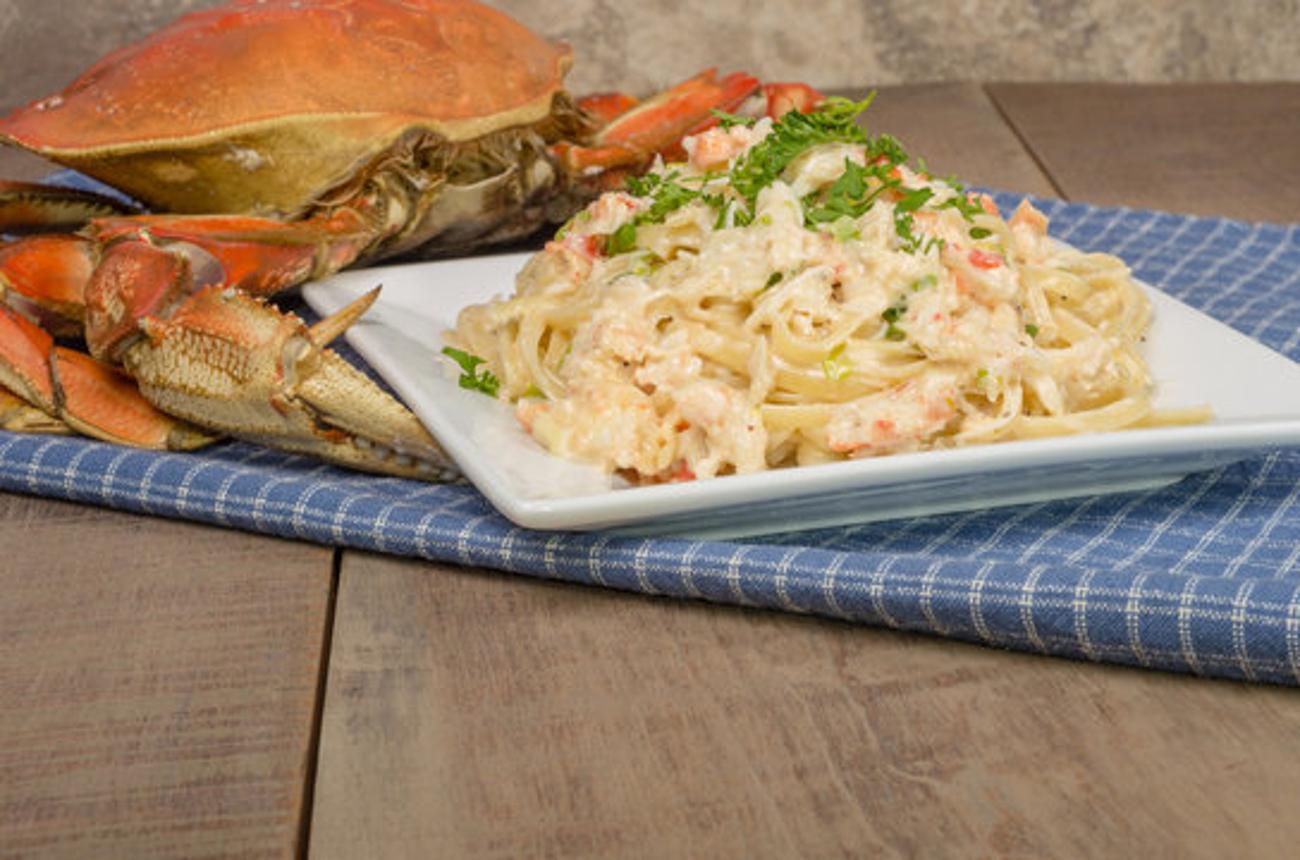
Source: Adobe Stock
La Peschereccia, a fishermen’s cooperative in Tuscany, offered a blue crab special with linguines, tomatoes, chili, and basil. Chef David Sergio reported, “It’s very popular with people and runs out in the first half hour.”
It’s Common Practice to Turn Invasive Species Into a Delicious Meal
While the plan to turn an invasive species into a new delicacy certainly sounds ingenious, it’s actually quite common practice.
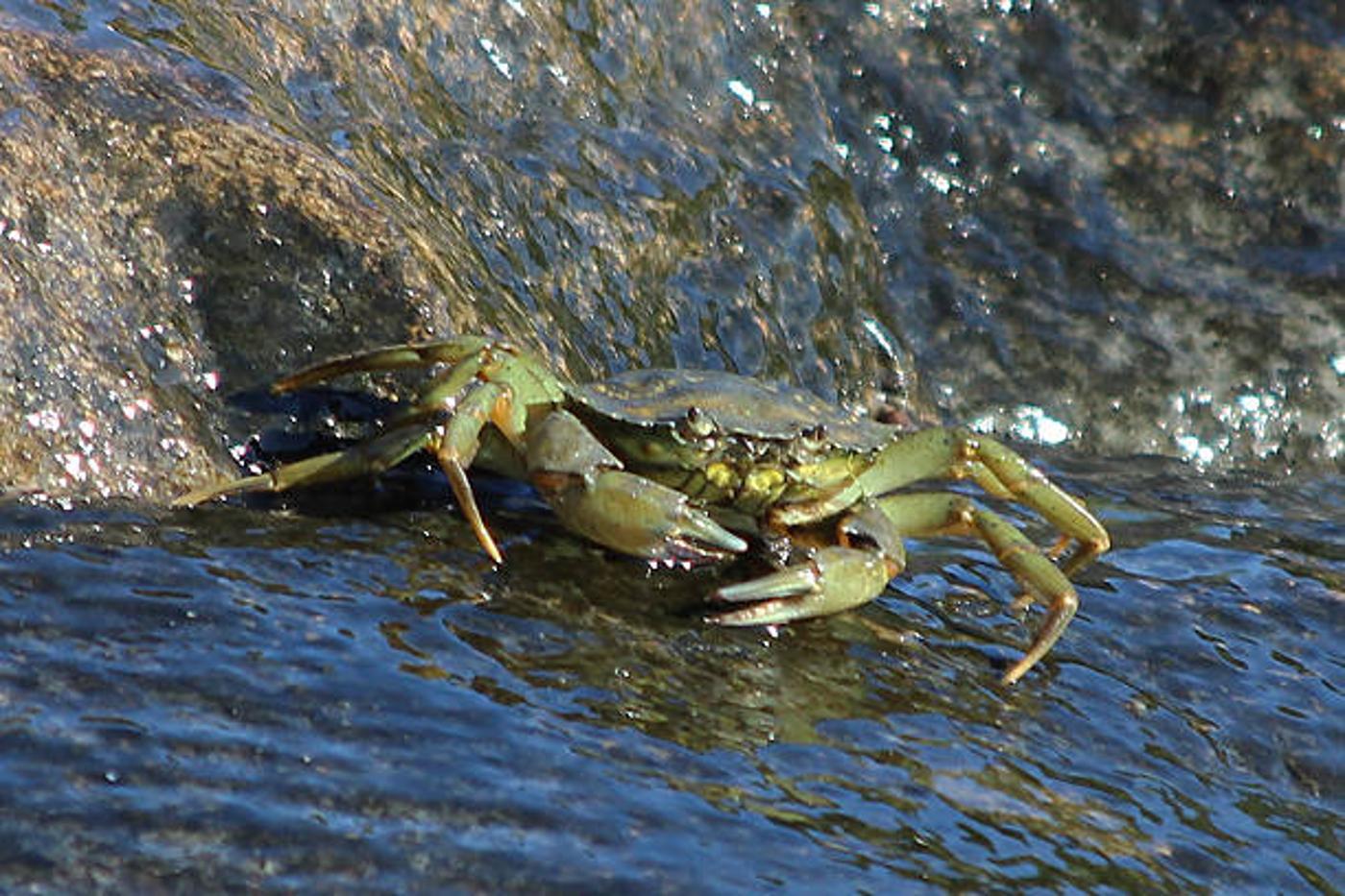
Source: iStock
The green crab is the most invasive species in Maine, so many restaurants in the state decided to turn it into a local favorite. They offer green crab ceviche, soup in the cold winters, and steamed and seasoned like in Maryland.
Managing an Ecosystem Through Diet
In fact, managing a natural ecosystem through diet is an ancient tradition; the Hmong people of Southeast Asia have been doing so for thousands of years.

Source: iStock
From invasive iguanas to wild pigs, pythons, and other dangerous or predatory animals, the Hmong found ways to utilize these animals in their food and keep the populations under control.
Italy’s Fishing Industry Is an Important Part of the Nation’s Economy
Italy’s fishing industry is valued at almost one billion euros, making it one of the largest in the country after tourism and agriculture.
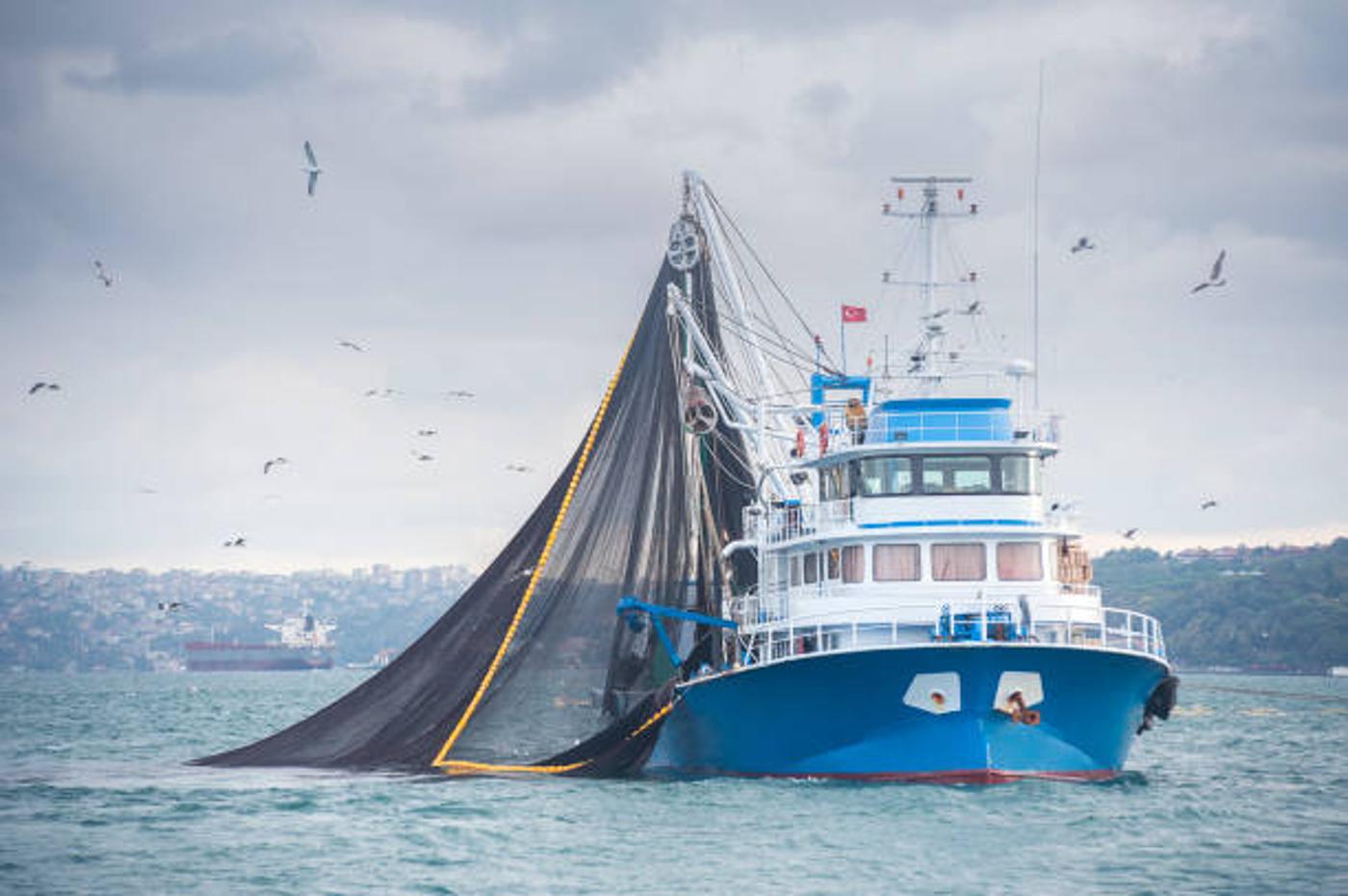
Source: iStock
While Italians and their millions of annual visitors consume a great deal of seafood, Italy also exports a great deal of its fish and shellfish to Western European countries, especially Germany. Therefore, dealing with the blue crab invasion is extremely important to the country’s economy.
Over 50% of Italy’s Shellfish Production Has Already Been Damaged
In addition to encouraging restaurants and Italians to start cooking with blue crab, the Italian government has allocated $3.1 million to help fight the infestation.
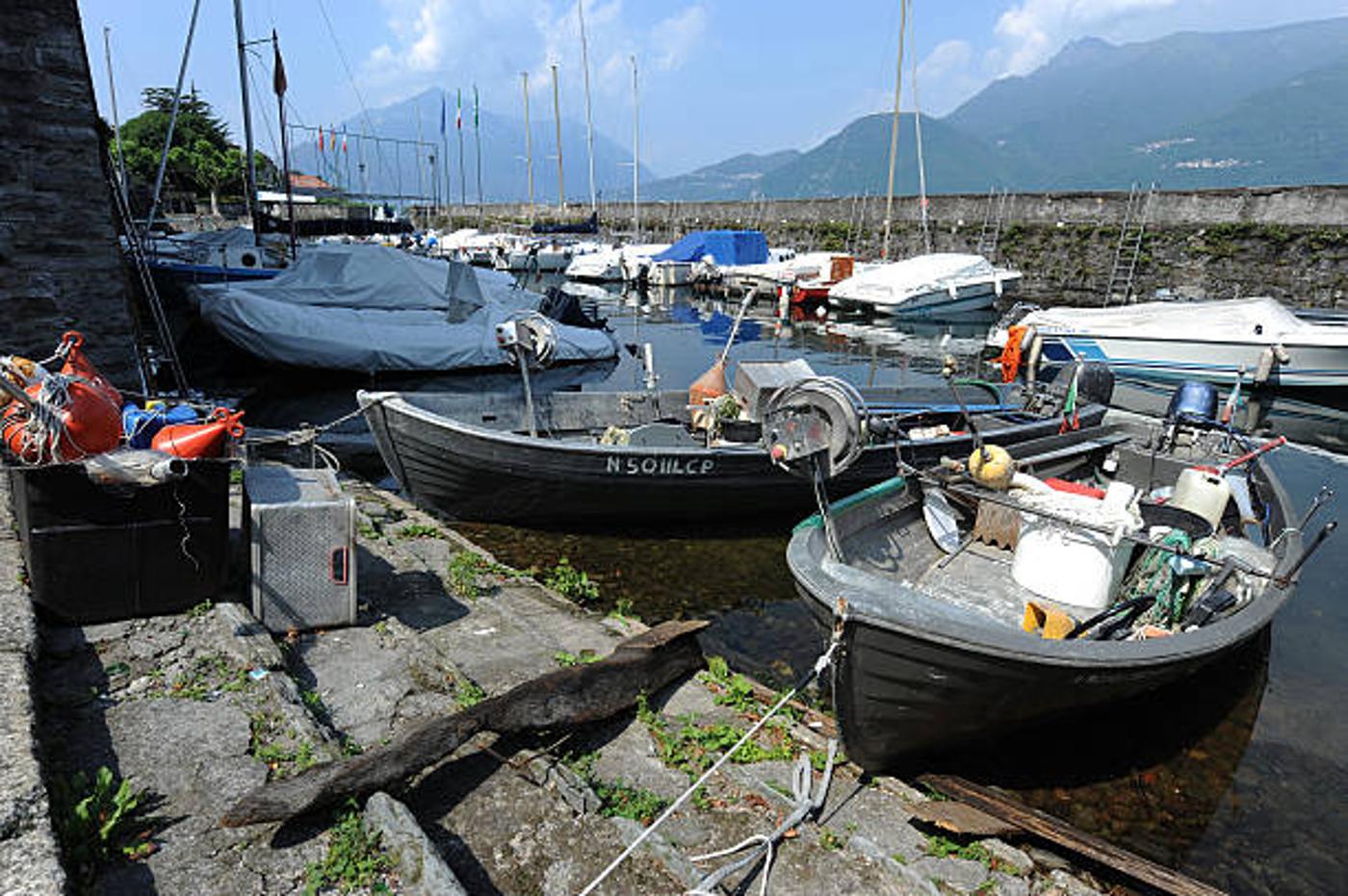
Source: iStock
But although Italy is working tirelessly to deal with the blue crab invasion, significant damage has already been done. Some say over 50% of the country’s shellfish production was damaged in 2023.
Once Again, Climate Change May Be to Blame
Even though the natural world is constantly shifting, many say that climate change is to blame for Italy’s blue crab problem. The species thrive in warm water, and as Italy’s lagoons warm with the planet, there is nothing stopping them from completely taking over.
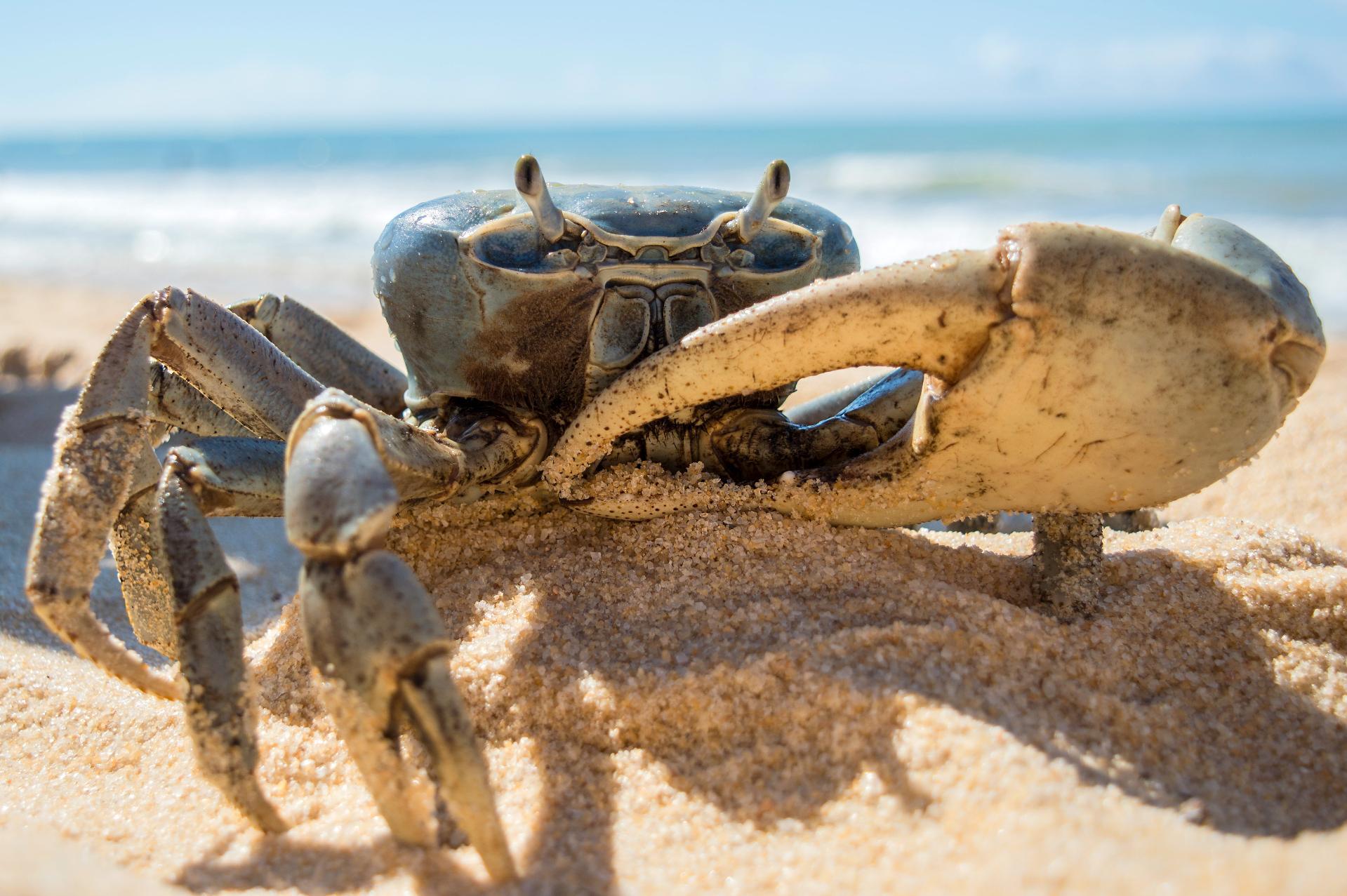
Source: GoodFreePhotos
However, as the fight against climate change will take years to produce tangible results (if it ever does), Italians will have to continue to find ways to deal with the blue crab themselves. Luckily, their plan sounds quite delicious.
